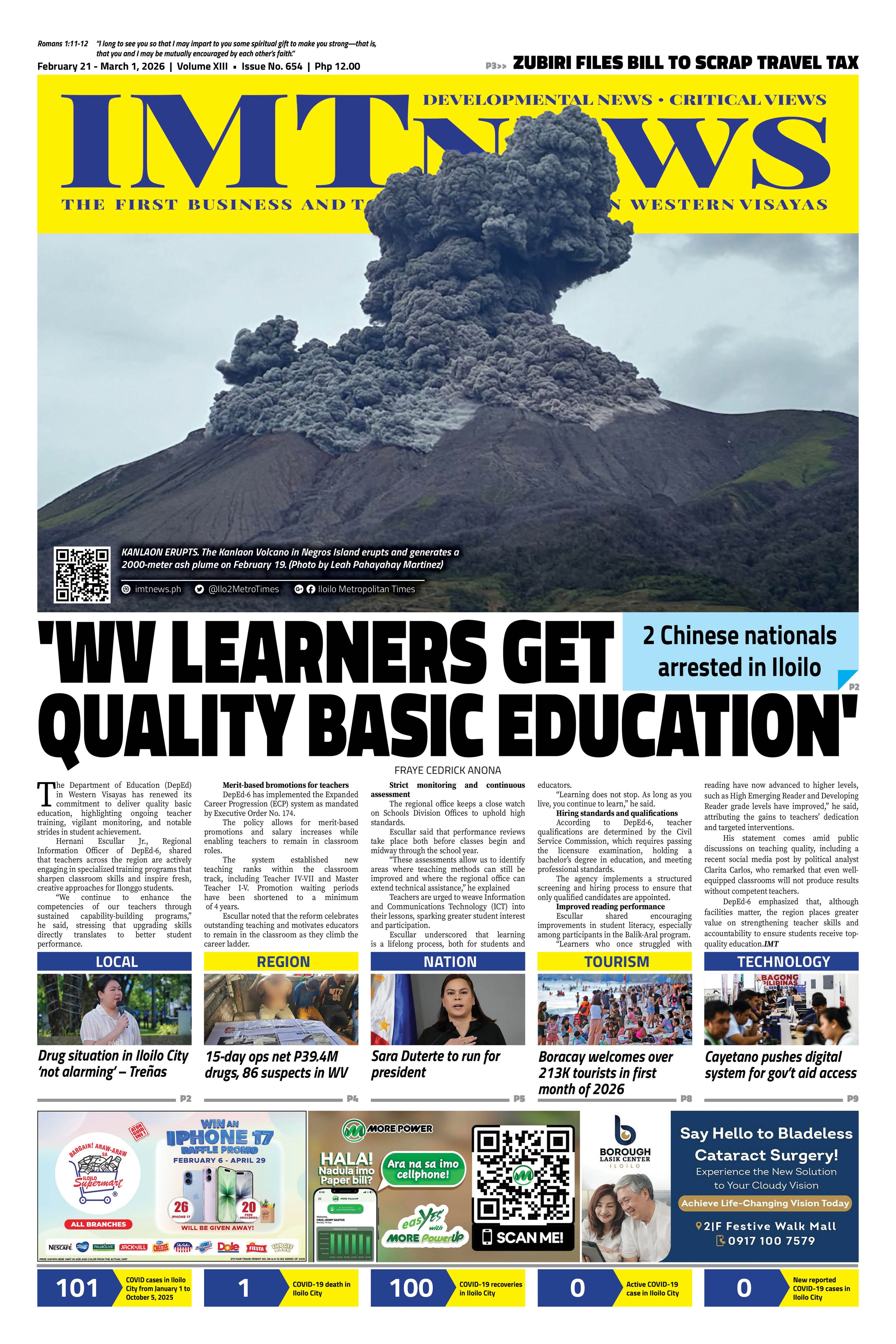September 21 felt like a fiesta and a wake. We laughed at witty placards, sang with strangers, then went home to mop the same floodwater we were protesting. We marched because money meant to keep our families dry ended up in the wrong hands. The days after the Trillion Peso March is quieter, which is when movements usually fade. Let us not. At the risk of being ridiculed or misunderstood, here is an unsolicited people-first plan—simple, numbered, and doable—so our anger turns into outcomes we can touch: drier homes, honest books, working pumps.
1. Prosecute fast, return the money to communities.
Set clear timelines for cases. Create joint “asset-hunt” teams (DOJ–NBI–AMLC) and publish a quarterly recovery scorecard that anyone can read on a phone. Every peso clawed back must repair real drains, widen real creeks, and fix real pumps where floods hit hardest. Justice should be felt on the street, not just written in memos.
2. Refuel the watchdogs.
The Commission on Audit lost people while mega-projects grew. Fill those posts, fund field checks, and equip auditors with satellite tools, geotag apps, and data trackers. Make open contracting the default so bids, unit costs, and change orders are public by design. It is boring work. Boring is good. Boring catches thieves.
3. Make “No coordination, no project” a hard rule.
The law already says national agencies must coordinate with LGUs. Enforce it: no mayor’s certificate, no mobilization, no fund release. Tie promotions of public works officials to proper local sign-offs and to a working drainage master plan. City engineers know where water actually goes; let them lead.
4. Pass a real Whistleblower Protection Act.
Give frontliners—engineers, bookkeepers, bank tellers—the right to report and the means to stay safe: anonymity channels, legal aid, quick relocation when needed, and rewards for information that leads to recovery. Without protectors, truth stays in pockets, not in records.
5. Finally define and ban political dynasties.
The Constitution asked for it decades ago. A clear anti-dynasty law will widen choices, reduce “back-scratching,” and ease the chokehold on budgets. Pair this with campaign finance reform, so contractors cannot bankroll candidates and collect later through padded projects.
6. Create by law an independent, time-bound fact-finding commission on infrastructure.
Craft it into a law. Give it subpoena power, a fixed 18-month life, and a public dashboard that tracks who is called, what is found, and what is fixed. Staff it with engineers, forensic accountants, and community reps, not just lawyers. Publish everything unless national security truly applies (it rarely does for culverts).
7. Name the real owners of winning firms, completely.
Require a beneficial ownership registry before any award. No more hiding behind shells. When the same people sit behind five companies with one address, we should know—and disqualify them for trying to game the system.
8. Clean the riskiest offices, starting with public works.
Separate planning from implementation to reduce conflicts. Rotate district engineers regularly. Do surprise third-party quality checks of concrete, rebar, and slope work. Require annual lifestyle and asset reviews for key posts and top contractors. Post district “report cards” online: cost, delay days, punch-list fixes, citizen complaints, and flood outcomes after big rains.
9. Build citizen audit brigades.
Neighbors with phones can do wonders. Organize barangay teams to photo-document works with dates and GPS, then upload to a public map. Law schools, accounting groups, and engineering student orgs can help verify. Churches and civic clubs can host “Budget 101” nights. Keep it peaceful, factual, and relentless.
10. Make elections count against corruption.
Movements must land on ballots. Track who blocked reforms, who slowed investigations, and who showed up for oversight. Publish simple voter guides: three facts per candidate, with sources. In 2028, let us make memory our quiet weapon.
11. Turn recovered funds into fast, visible wins.
People believe what they can see. Earmark the first recovered billions for classrooms where children still share chairs, for hospital upgrades in flood belts, and for creek widening in the 20 worst hotspots. Put a sign at each site: “Binawi sa kurapsyon, ginastos sa bayan.”
12. Keep the tent wide, the tone steady, the calendar full.
The Trillion Peso March drew people who disagree on many things but agree on this: enough. Keep that coalition. Plan 100 days of small, regular actions—teach-ins, creek walks, school-yard forums, synchronized barangay audits, weekly public summaries of hearings. Celebrate real fixes. Call out real delays. Avoid shouting matches and personality wars. Stay on the budget, the bids, the builds, the outcomes.
13. Build a multi-sector citizens’ front for clean governance.
Link unions, farmers and fishers, drivers, MSMEs, faith groups, youth and schools, influencers, think tanks, professionals, PWDs, and IPs into a standing, nonpartisan national network. Set up local chapters with a simple playbook: watch budgets, track projects, file when needed, help fix gaps, organize more campaigns. Goal: authentic, pro-active, peaceful, concerted force that keeps oligarchs and corrupt officials in check—consistently, together.
If government moves, we verify and help. If government stalls, we reconvene—peaceful, broader, better organized. This is not a one-day shout. It is a year of checklists, neighbors who show up, and a thousand small wins that dry one classroom, unclog one creek, and prove to our children that public money can do public good.
The march rang the bell. What happens next decides if it was a moment or a turn. Let us make honesty ordinary again—so common it is almost boring—and let those who steal fear not the crowd’s roar, but the country’s quiet, steady attention.
Doc H fondly describes himself as a ”student of and for life” who, like many others, aspires to a life-giving and why-driven world grounded in social justice and the pursuit of happiness. His views do not necessarily reflect those of the institutions he is employed or connected with.







